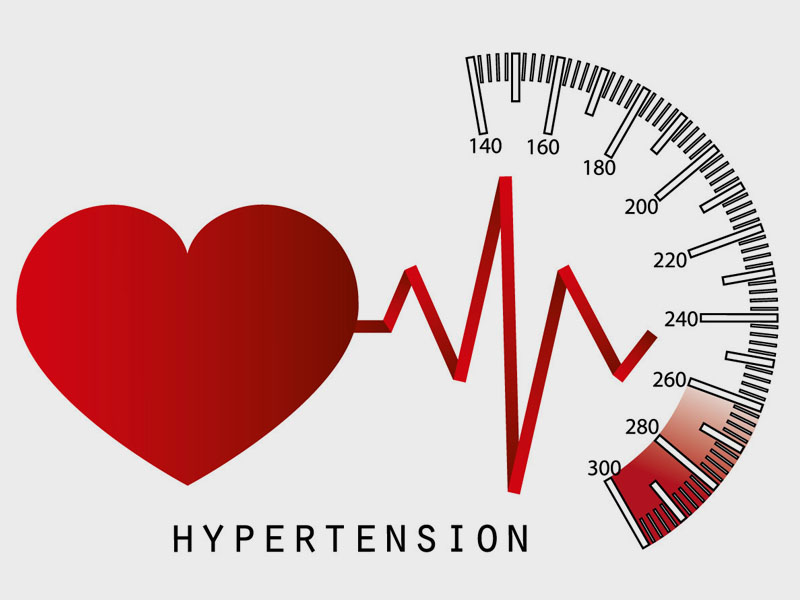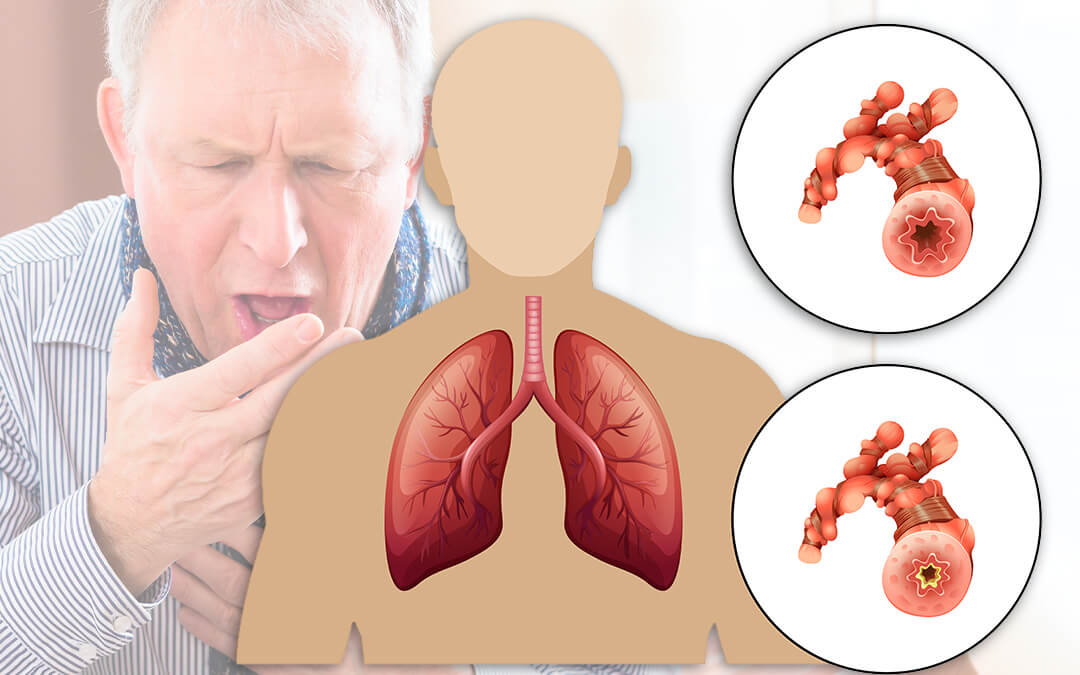
Fever: Understanding, Causes, and Effective Management
Fever is a common medical symptom characterized by an increase in body temperature, often signaling an underlying condition. Prompt diagnosis and appropriate treatment are essential for recovery and overall health.
Common Types of Fever
1. Viral Fever
- Cause: Viral infections like influenza or dengue.
- Symptoms: High temperature, fatigue, and body aches.
- Treatment: Rest, hydration, and over-the-counter medications.
2. Bacterial Fever
- Cause: Bacterial infections such as typhoid or pneumonia.
- Symptoms: Persistent fever, chills, and localized pain.
- Treatment: Antibiotics and supportive care.
3. Malaria
- Cause: Parasites transmitted through mosquito bites.
- Symptoms: Recurring fever, chills, and sweating.
- Treatment: Antimalarial drugs and prevention strategies.
4. Typhoid Fever
- Cause: Ingestion of contaminated food or water.
- Symptoms: Prolonged fever, abdominal pain, and weakness.
- Treatment: Antibiotics and a high-calorie diet.
Causes and Risk Factors
- Infections: Viral, bacterial, or parasitic infections.
- Inflammatory Conditions: Autoimmune disorders or chronic inflammation.
- Environmental Exposure: Heatstroke from prolonged exposure to high temperatures.
- Vaccinations: Fever as a mild reaction to certain vaccines.
Prevention Tips
Maintain Hygiene
- Wash hands regularly with soap and water.
- Avoid touching your face with unwashed hands.
Boost Immunity
- Follow a balanced diet rich in vitamins and minerals.
- Stay physically active and get adequate sleep.
- Stay hydrated to support overall health.
Prevent Infections
- Use insect repellents and nets to avoid mosquito bites.
- Ensure food and water safety to prevent contamination.
Treatment Options
- Medications: Antipyretics like paracetamol to reduce fever.
- Hydration: Drink plenty of fluids to prevent dehydration.
- Rest: Adequate rest to help the body recover.
- Medical Care: Seek medical attention for high or prolonged fevers.
Complications of Untreated Fever
- Dehydration: Loss of fluids due to sweating and reduced intake.
- Seizures: Febrile seizures in young children.
- Organ Damage: High temperatures can harm vital organs.
- Chronic Conditions: Prolonged fever may indicate serious illnesses.
Role of Healthcare Facilities
- Accurate Diagnosis: Identifying the cause through tests and evaluations.
- Comprehensive Care: Providing appropriate medications and monitoring.
- Emergency Services: Addressing severe cases promptly.
- Preventive Guidance: Educating patients on prevention and early detection.
Conclusion
Fever is a symptom that requires attention and care. By understanding its causes, adopting preventive measures, and seeking timely medical intervention, individuals can ensure a quicker recovery and improved well-being. Take proactive steps to stay healthy and fever-free!













